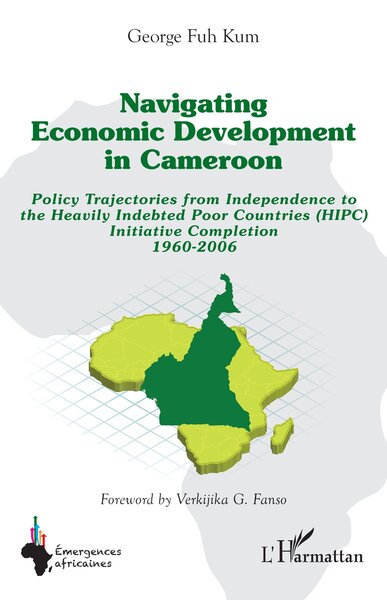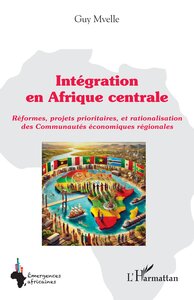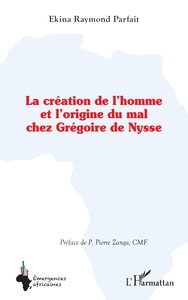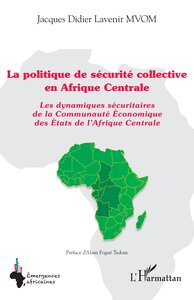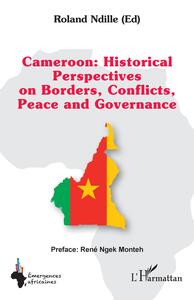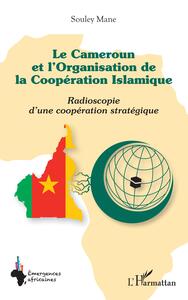Nous utilisons des cookies pour améliorer votre expérience. Pour nous conformer à la nouvelle directive sur la vie privée, nous devons demander votre consentement à l’utilisation de ces cookies. En savoir plus.
NAVIGATING ECONOMIC DEVELOPMENT IN CAMEROON - POLICY TRAJECTORIES FROM INDEPENDENCE TO THE HEAVILY I
L'Harmattan - EAN : 9782336505381
Édition papier
EAN : 9782336505381
Paru le : 19 déc. 2024
27,00 €
25,59 €
Disponible
Pour connaître votre prix et commander, identifiez-vous
Notre engagement qualité
-
 Livraison gratuite
Livraison gratuite
en France sans minimum
de commande -
 Manquants maintenus
Manquants maintenus
en commande
automatiquement -
 Un interlocuteur
Un interlocuteur
unique pour toutes
vos commandes -
 Toutes les licences
Toutes les licences
numériques du marché
au tarif éditeur -
 Assistance téléphonique
Assistance téléphonique
personalisée sur le
numérique -
 Service client
Service client
Du Lundi au vendredi
de 9h à 18h
- EAN13 : 9782336505381
- Collection : EMERGENCES AFRI
- Editeur : L'Harmattan
- Date Parution : 19 déc. 2024
- Disponibilite : Disponible
- Nombre de pages : 250
- Format : 1.40 x 15.50 x 24.00 cm
- Poids : 380gr
-
Résumé :
This book is an analytical compendium of Cameroon’s economic development policies, from 1960 to 2006. It opens with the country’s colonial economic experiences and proceeds with an analysis of its initial economic development guidelines in the early 1960s, fundamentally based on development planning and planned liberalism, executed through Five Years Development Plans.
Cameroon’s early development emphasis was on industrialisation, later deduced to be too costly and slow in spurring growth. Agriculture was thus endorsed in the early 1970s, as a primary strategy to boost real development in the country. It was in this backdrop that precepts like the green revolution, self-reliance development, food self-sufficiency and others were adopted.
The book rounds off with the different measures implemented by the Cameroon government, Bretton Woods institutions and others, to restore and sustain the country’s economy during and after the economic crisis. It argues that while the principles underlying Cameroon’s economic development were resilient, they fell short of expected outcomes. - Biographie : Professor George Fuh Kum is currently a lecturer in the Department of History at the University of Yaoundé I, Cameroon. He is member of several learned societies both in Cameroon and abroad. His teaching and research interests have over the years, focused on aspects of economic and social development history during the colonial and post-colonial periods in Cameroon and Africa.

